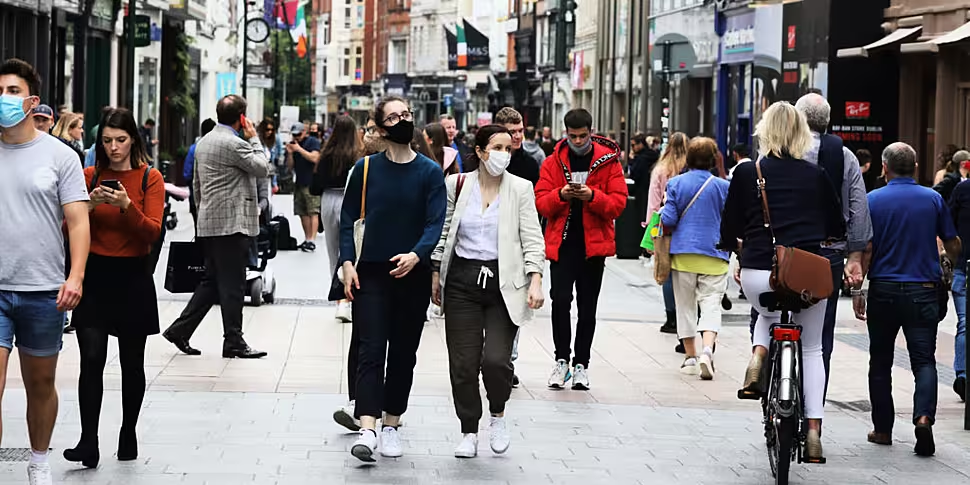Everyone needs to take personal responsibility to stop the spread of COVID-19.
That's according to Dr Catherine Motherway, Consultant in Intensive Care Medicine at University Hospital Limerick.
Her comments come after the Acting Chief Medical Officer Dr Ronan Glynn urged the people of Dublin to break the "chains of transmission" of the virus.
In a direct message to people living and working in the city, he said "individual actions really do matter" and that urgency is needed as the disease is growing at approximately 4% per day in the capital.
Speaking on Newstalk Breakfast with Susan Keogh, Dr Motherway said Dr Glynn was "speaking common sense".
She said: "The CMO's job is to inform, empower and consult with the population and that is what he is doing.
"He's giving them the tools to control this disease.
"If we control this disease we can go out and live our lives, perhaps differently, perhaps with a smaller group of friends, but we can open everything if we have less viral transmission.
"To do that, the individual people in this country need to do what we know works.
This includes maintaining social distancing, washing hands, wearing face coverings and reducing social contacts to a core group of people.
That will mean we can keep in contact with our vulnerable relatives, she said.
Dr Motherway added: "We all need to try and reduce [COVID] as much as possible.
"Micheál [Martin] can't do that, Ronan [Glynn] can't do that, people have to do that."
Hospitals
With regard to people being hospitalized with COVID-19, the numbers are "relatively stable" at the moment.
She said: "Obviously, as the numbers rise, the likelihood of a spillover into hospitals is higher.
"We also know that as we try to prepare for the winter in the hospital setting, we want to continue to deliver care to our scheduled patients.
"If we see a surge in COVID, that will interfere with that because we all know that our hospital system is stretched, we all know its underresourced, it has been for years.
"We all know that it hasn't been coping that well anyway before this happened and we coped very well with the surge, but we did that at the price of having to cancel a lot of elected work."
She added: "We do need to try and continue to provide scheduled care to our patients whatever disease they happen to have.
"The less COVID we have the easier it will be to do that."









